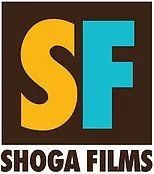The Jewish Mystery of the Great American Songbook
Ask an American what areas and sectors of America are controlled by Jews, and you’ll get a variety of responses from “nothing” to “everything.” If you’re mildly anti-Semitic and given to conspiracy theories, you’ll respond with “banking,” “the law,” “Hollywood,” and anything else that strikes you as potentially exploitative. If you’re *really* anti-Semitic and completely detached from facts and history, you’ll cite organizations that secretly control government, international affairs and Zionism as a cover for world domination.
Jews themselves don’t like the question – its very formulation presumes an illicit dominance – and tend to downplay their overrepresentation in education, academia, popular entertainment, psychology, and the law. Nonetheless, the number of recent Ivy League presidents, Nobel Prize winners, billionaires or leading academics of Jewish descent is extraordinary, especially given that Jews comprise no more than 2.4 percent of the U.S. population. Looking at one tally: between 1965 and 1982, Jews made up 40% of American Nobel Prize winners in science and economics, 20% of professors at the elite universities, 40% of partners in leading law firms in New York and Washington, 26% of the reporters, editors and executives of the major print and broadcast media.
This is impressive but overrepresentation is not dominance. If one out of every five professors is of Jewish descent, there are four who are not. Furthermore, Jews in any field do not speak with one voice nor work together towards any specifically Jewish goals. Louis Brandeis was Jewish but so was Roy Cohn. (“This thing of darkness I acknowledge mine,” to quote Prospero.)
But Hollywood . . . that’s another matter. During the height of the studio system in the 30s, 40s, and 50s, five of the major studios and two of the minor ones had been founded by immigrant Jews from Germany and Eastern Europe. There were economic and sociological reasons for this. Many of these Jewish-Americans came from vaudeville and the garment trade, two areas of the economy hospitable to Jews. When movies were introduced in the late 1890s, success in this new industry required many of the same skills as vaudeville and the garment trade: salesmanship and chutzpah.
Even as motion pictures became increasingly popular, Gentile industrialists wanted no part of them. The moviegoing audience was working-class and immigrant; tickets were cheap; and silent cinema had no language barrier. The Protestant cultural elite dismissed film as “lowbrow”, and major investors considered it a passing fad.
But what about the dominance of Jewish composers in the music that is now known as The Great American Songbook? What explains the fact that, with the exception of Cole Porter, *every* major composer of the Broadway musical – and quite a few of the lyricists – were of Jewish descent. That kind of talent isn’t parceled out for sociological, or even ethnic, reasons. You can talk about vaudeville, the drive to assimilate, quick adaptation of American vernacular forms, but not all Jewish composers fit the up-from-immigrant narrative. Jerome Kern, Richard Rogers, and Johnny Green were all of German Jewish descent whose families came from high culture and were already well established by the 1920s.
From the international success of Irving Berlin’s “Alexander’s Ragtime Band” (1912) to the haunting strains of Stephen Sondheim’s “Send In The Clowns” (1973), Jewish composers created the hits of Tin Pan Alley, the Broadway stage, and Hollywood that coalesced into The Great American Songbook before that musical world ceded its preeminence to rock ‘n roll, then hip hop.
There were a few Gentile composers besides Cole Porter who made substantial contributions – Harry Warren, Jimmy Van Heusen – but they were rare fish in an overwhelmingly Jewish sea. What explains this huge Jewish presence in an American musical genre that has no visible connection to Jewish ethnicity? It didn’t come from 2000 years of anti-Semitism; it didn’t come from 2nd Avenue Theater; it didn’t come from the cantorial traditions of the synagogue; it didn’t come from the Jewish resorts in the Catskills.
It is a mystery and must remain so.
Recent Posts
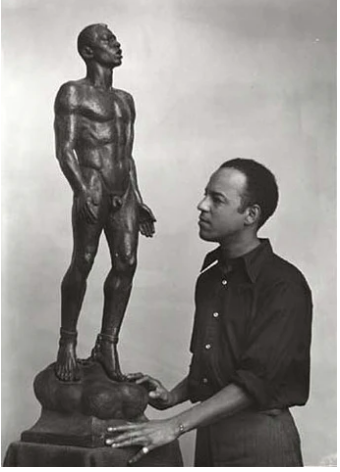
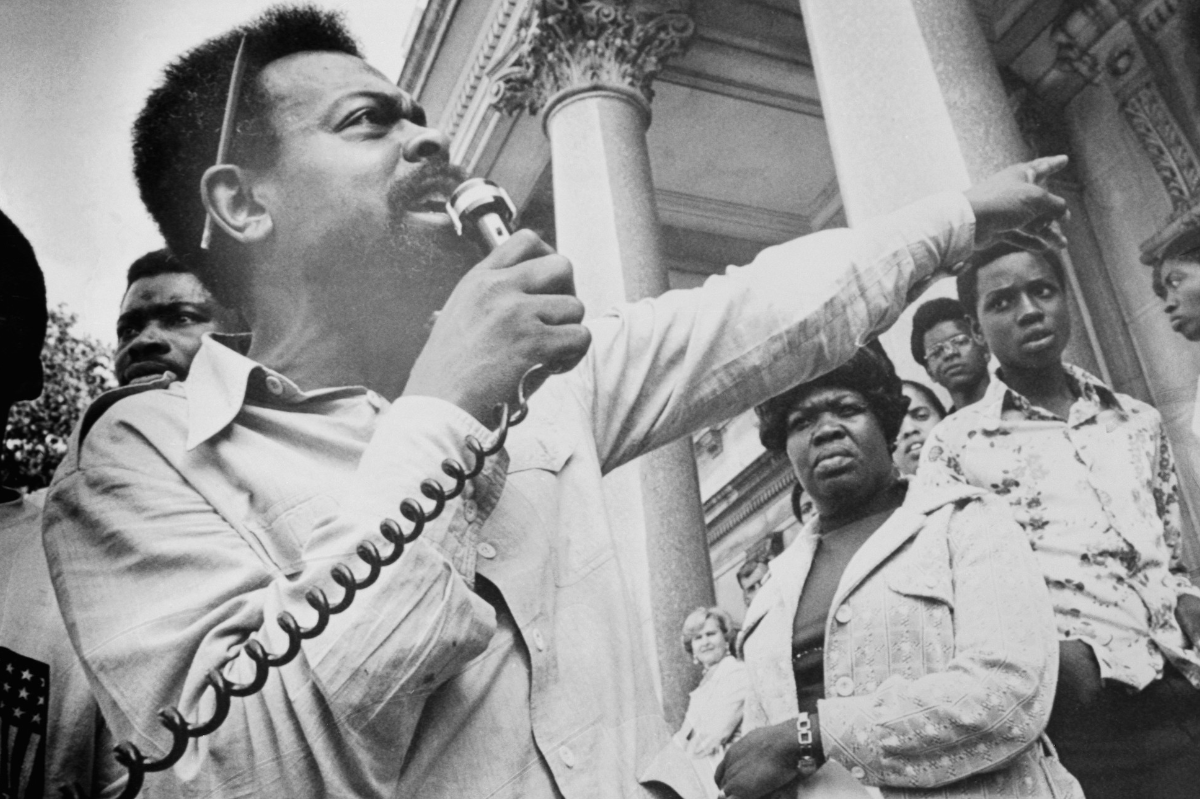
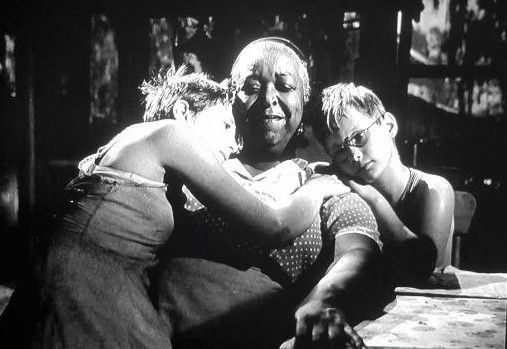
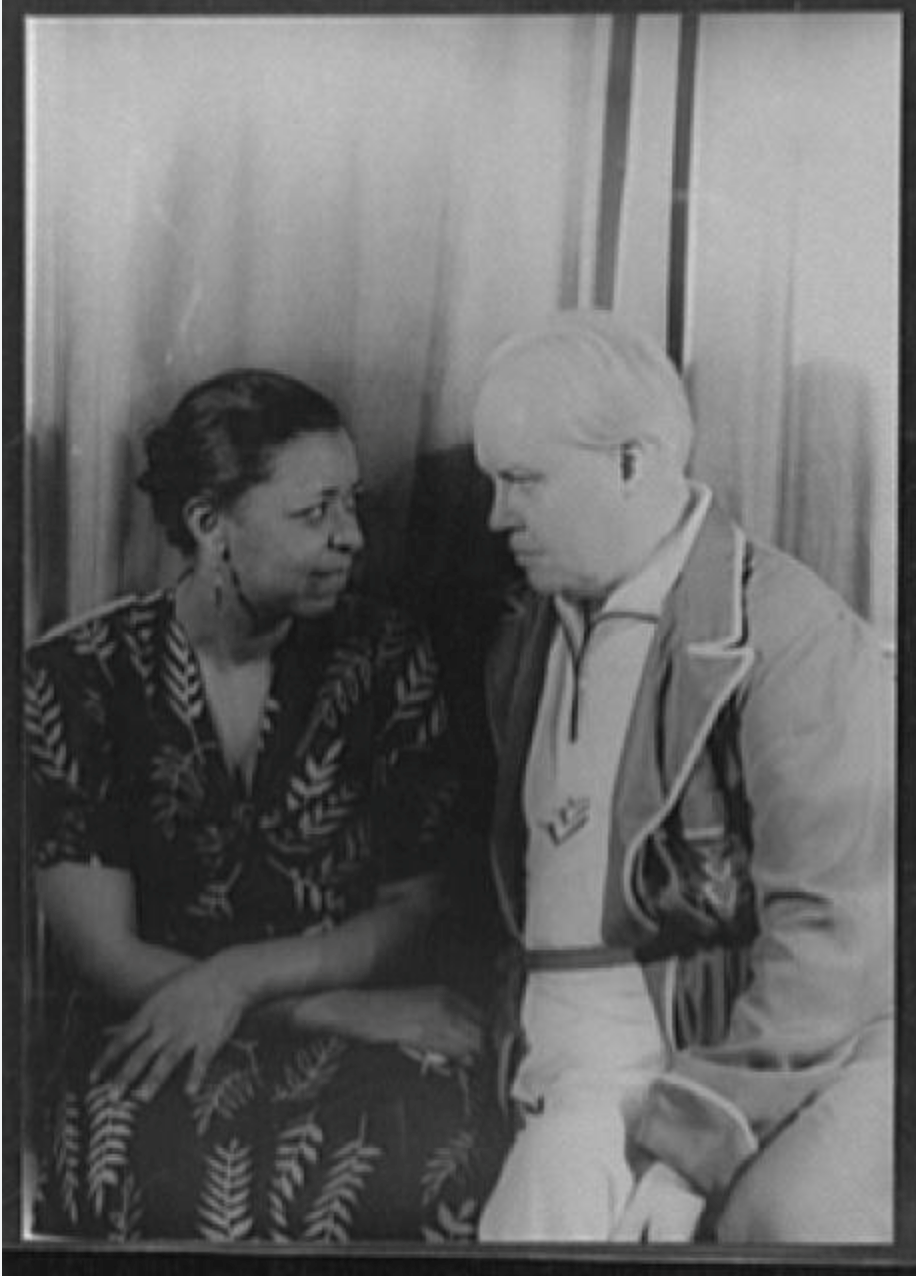
SHOGA FILMS is a 501(c) (3) non-profit production and education company. We create multimedia works around race and sexuality that are intended to raise awareness and foster critical discussion.
Contact Us
All Rights Reserved | Shoga Films
Stay Connected
Thanks for subscribing!
Please try again later.

